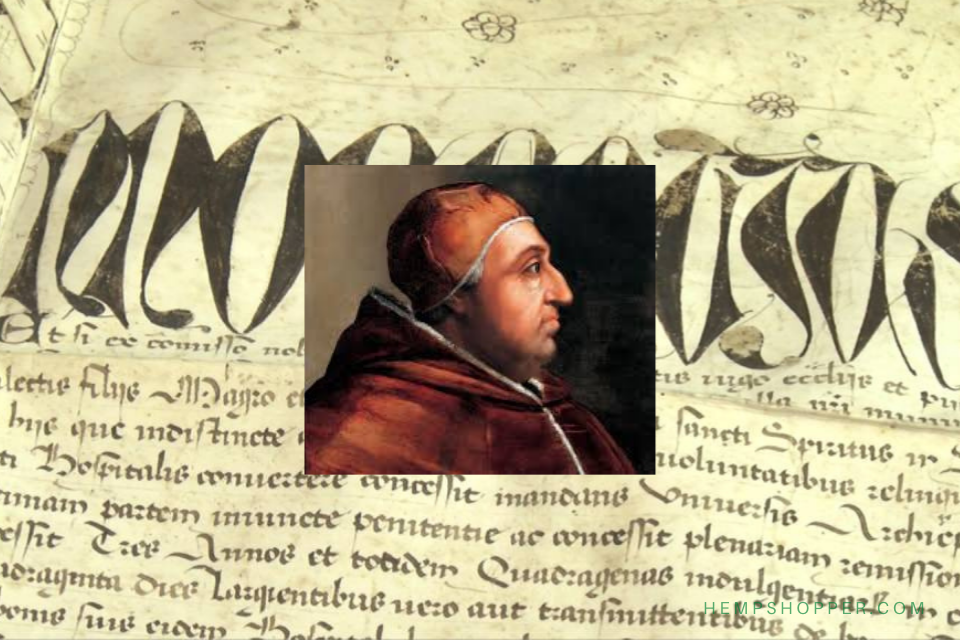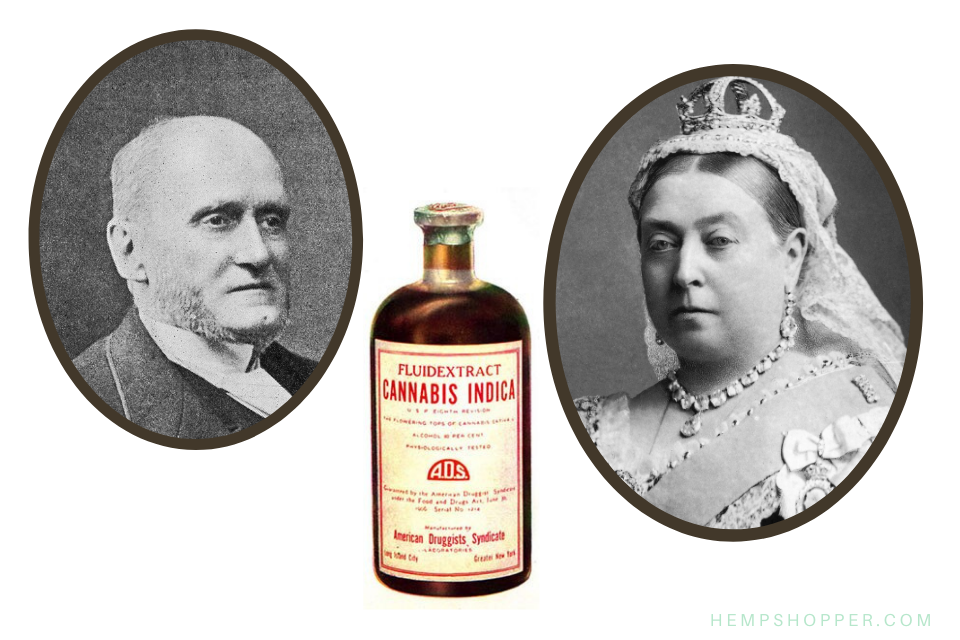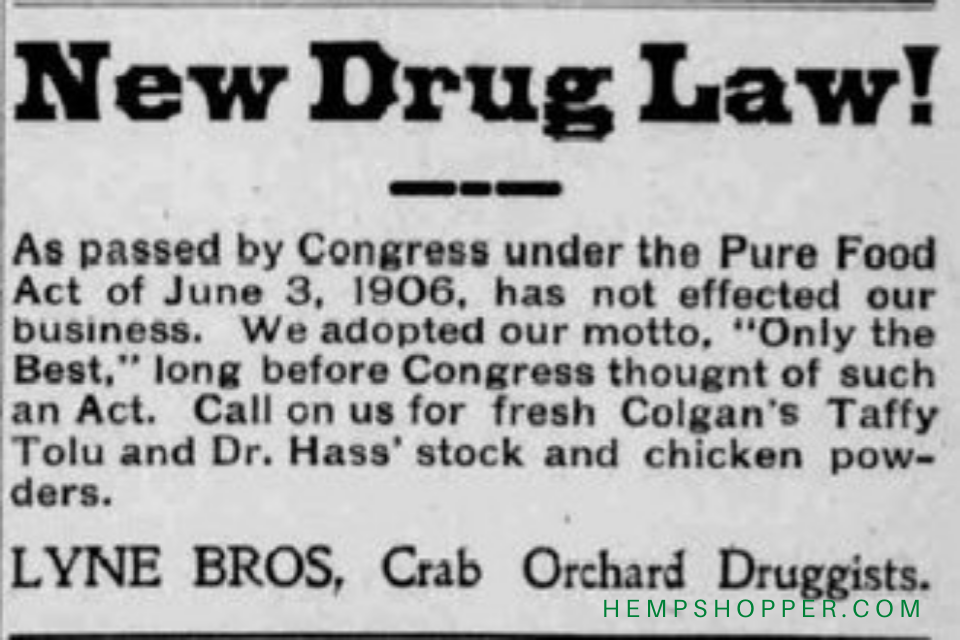Early 1920s: The Jazz and Marijuana revolution

Early 1920s: The Jazz and Marijuana revolution.
In New Orleans, around the turn of the 20th century, ‘Storyville’, the city’s red light district, was infamous for its bawdy houses.
Here customers were not only entertained by exotic ladies of the night, they were also treated to the strains of a new kind of music called Jazz, played exclusively in these brothels. It was here that cannabis became an integral part of Jazz.
Unlike alcohol, which dulled and incapacitated, ‘marihuana’ enabled the musicians, whose job required them to play long into the night, to forget their exhaustion. Moreover, the herb seemed to make their music sound more imaginative and unique, at least to those who played and listened to it while under its sensorial influence.
The music was distinctive and characteristic and it had a special feeling that gave musicians and their audiences a sense of solidarity is well.
Among the tunes that topped the hit list of the era were Louis Armstrong´s “Muggles”, Cab Calloway´s “That Funny Reefer Man”, Fats Waller´s “Viper´s Drag” and many more by less famous artists like “ Viper´s Moan”, “ Texas Tea Party”, “Smoking Reefers”, “Mary Jane” and the “Mary Jane Polka” recorded by studios like Columbia, Victor and Brunswick. Even Benny Goodman got into the act with “ Sweet Marihuana Brown”.
References to marijuana, under the various aliases, were abound on early recordings “ Here Comes the Man with the Jive”, “ It You´re a Viper, Light Up” and “ Jack, I´m Mellow”.
Many, if not all famous musicians of the glory days of classic modern Jazz, smoked pot or reefer as they called it. Gene Krupa among other celebrities of the time were all arrested at one point or another for possession of marijuana.
Jazz legend and pot smoker Louis Armstrong was caught with some stuff and sentenced in March 1931. He never recounted the story of this affair until shortly before his death in 1971, when he agreed to “ tell it like it wuz”.
In his biography by Max Jones Louis Armstrong says: “ We did call ourselves Vipers, which could have been anybody from all walks of life that smoked and respected `gage´. We always looked at pot as a sort of medicine, a cheap drunk and with much better thoughts than one that’s full of liquor. But with the penalties that came, I for one had to put it down thought the respect for it (gage) will stay with me forever. I have every reason to say there words and am proud to say them. From experience”.
“I’m the king of everything
Got to get high before I sing
Sky is high, everybody’s high
If you’re a viper…”
Viper’s Drag’ (1934), by Fats Waller
Dizzy Gillespie was no stranger to pot either. He recalled in his autobiography “ When I came to New York in 1937, I didn’t drink nor smoke marijuana”. “ You gotta be a square muthafucka!”, Charlie Shavers said and “turned me on to smoking pot”.
Now, certainly, we were not the only ones. Some of the older musicians had been smoking reefers for 40 and 50 years. Jazz musicians, the old ones and the young ones, almost all of them that I knew smoked pot, bit I wouldn’t call that drug abuse”.
1. MARINCOLO, S.(2015): What hashish did to Walter Benjamin: Mind-altering essays on marijuana. Vipers, Muggles, and The Evolution of Jazz. Khargala Press, Germany. Photo: Storyville Basin Street photo by Louisiana State Museum. Research and text © Hempshopper Amsterdam.


 Hempshopper Amsterdam
Hempshopper Amsterdam 






